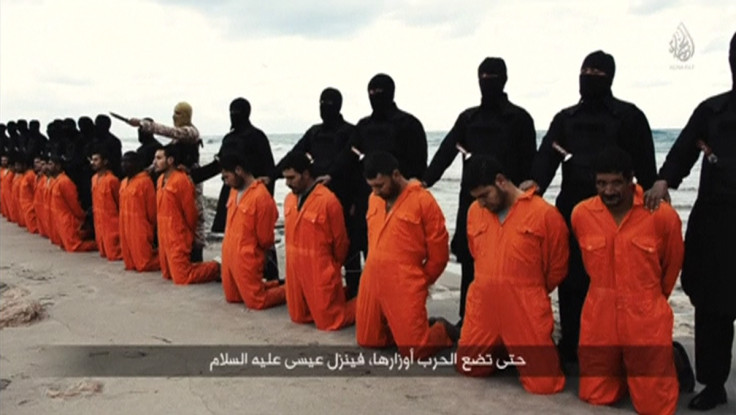War on Isis: Pentagon confirms killing of Libyan Daesh and al-Shabab commanders in air strikes

The Pentagon has confirmed the killings of a top Islamic State (Isis) commander and a top al-Shabab commander in a number of overseas air strikes in the last month. As the Paris Terror attacks shocked Europe on 13 November, an F-15 fighter launched an air strike on Iraqi national, Abu Nabil, in the eastern port city of Darnah.
The operation killed the Isis (Daesh) commander who is thought to have been the governor of Salah-ad-din province in Iraq before he was sent to north Africa to further the jihadists' goals in Libya. A number of terrorist activities have taken place on the northern shores of Africa, most notably the Tunisian attacks which took the lives of 38 people, including 30 British nationals.
Abu Nabil is suspected of being behind the execution of 21 Ethiopian Coptic Christians on a Libyan beach which the extremists broadcast to the world in a beheading video. Pentagon press secretary Peter Cook said according to the Daily Express: "Nabil's death will degrade ISIL's ability to meet the group's objectives in Libya, including recruiting new ISIL members, establishing bases in Libya, and planning external attacks on the United States."
The Pentagon also confirmed that al-Shabaab military commander Abdirhaman Sandhere, also known as 'Ukash', was killed in a US airstrike on 2 December. He is accused of being involved in operations in Barawa, Lower Shebelle and was killed in the village of Kunyo Barrow, near Mogadishu.
Pentagon spokesman Captain Jeff Davis confirmed that Ukash is a member of the al-Qaeda-affiliated group prominent in the east African nation. He said: "Ukash's removal from the battlefield is a significant blow to al-Shabaab and reflects the painstaking work by our intelligence, military, and law enforcement professionals.
"This is an important step forward in the fight against al-Shabaab, and the United States will continue to use the tools at our disposal - financial, diplomatic, intelligence and military - to dismantle al-Shabaab and other terrorist groups who threaten United States, interests and persons."
In the past week a prominent al-Shabaab fighter, thought to be an American national from San Diego, named as Abdimalik Jones, according to AP, fled the group. He was said to have given himself up to US authorities as they changed allegiance from al-Qaeda to Daesh.
Apparently he did not speak any Somali and was missing one of his fingers. He had allegedly previously admitted to taking part in the terrorist attack on the Garissa University in Kenya, which left 148 people dead.
© Copyright IBTimes 2025. All rights reserved.






















